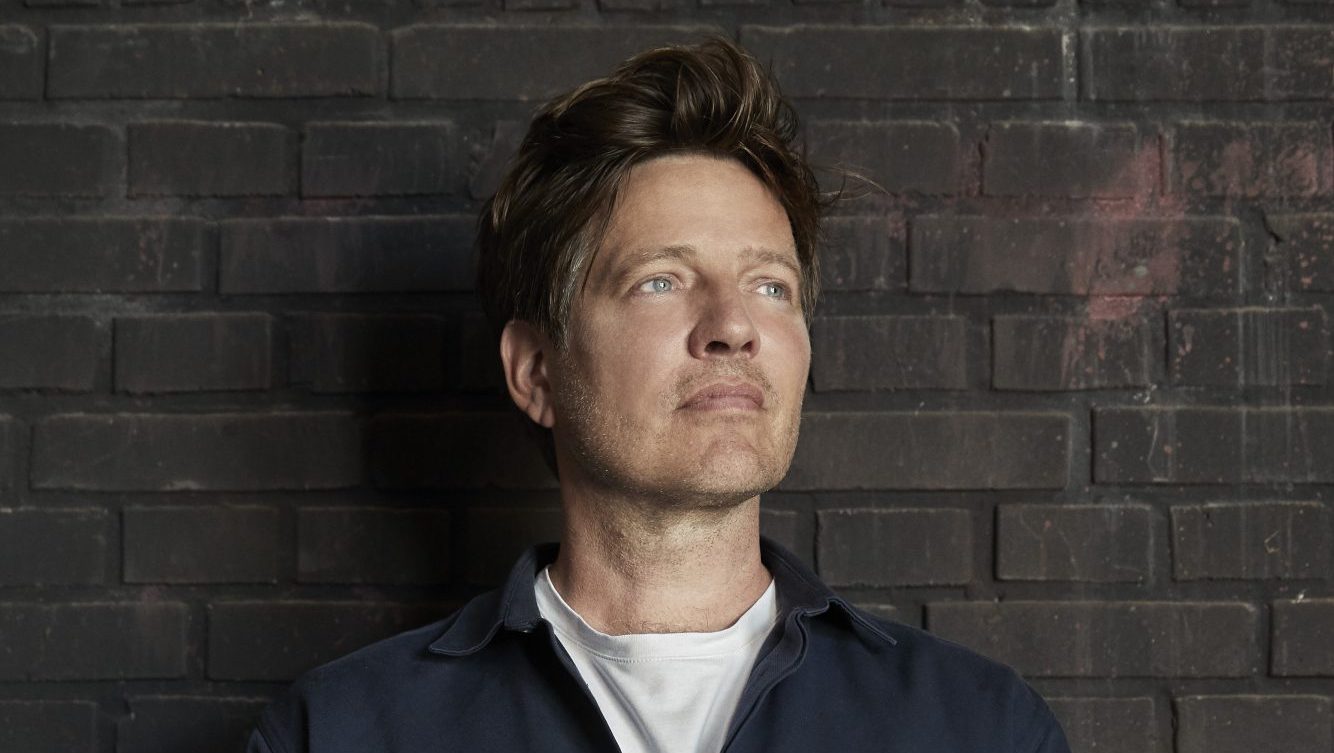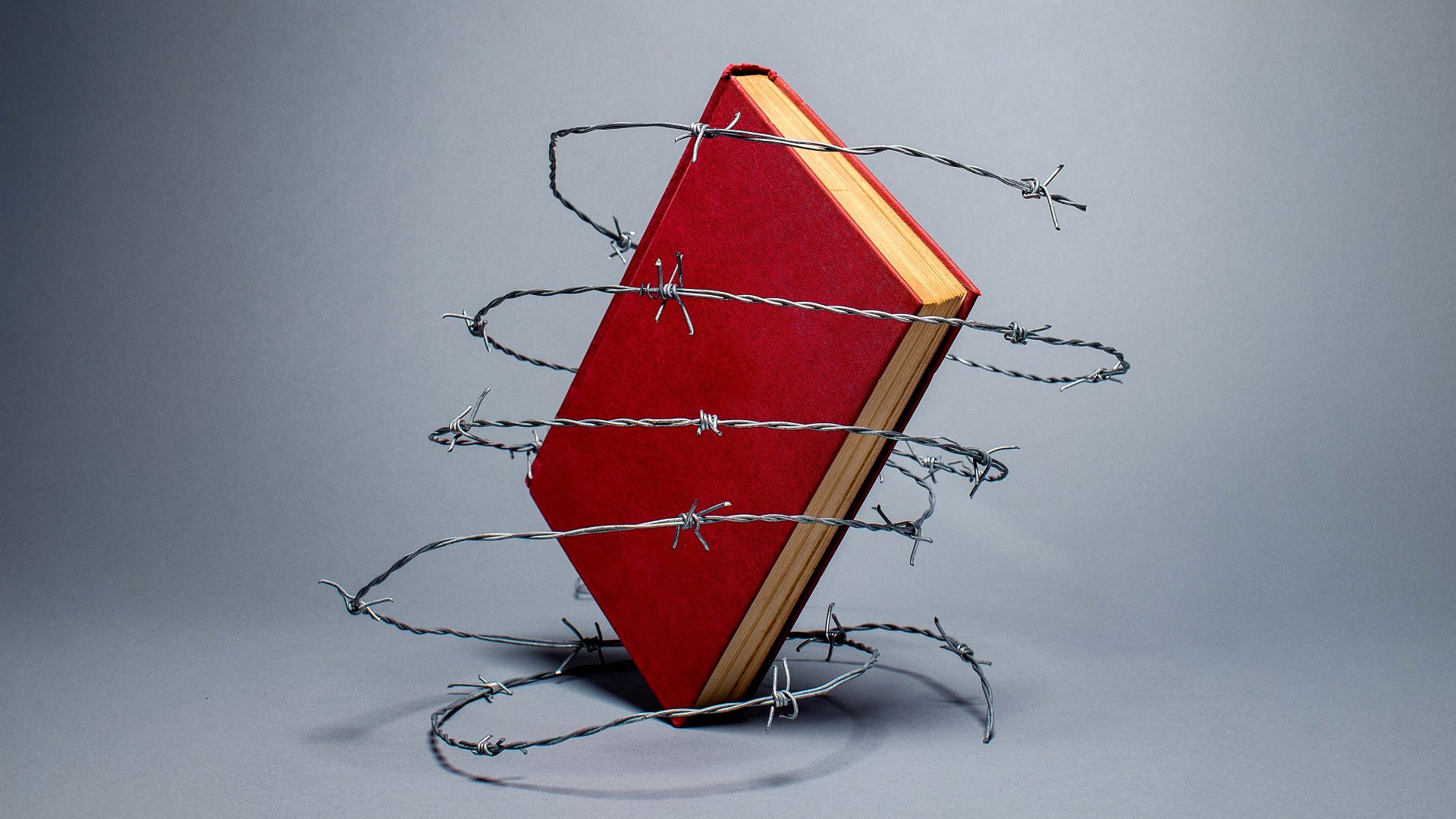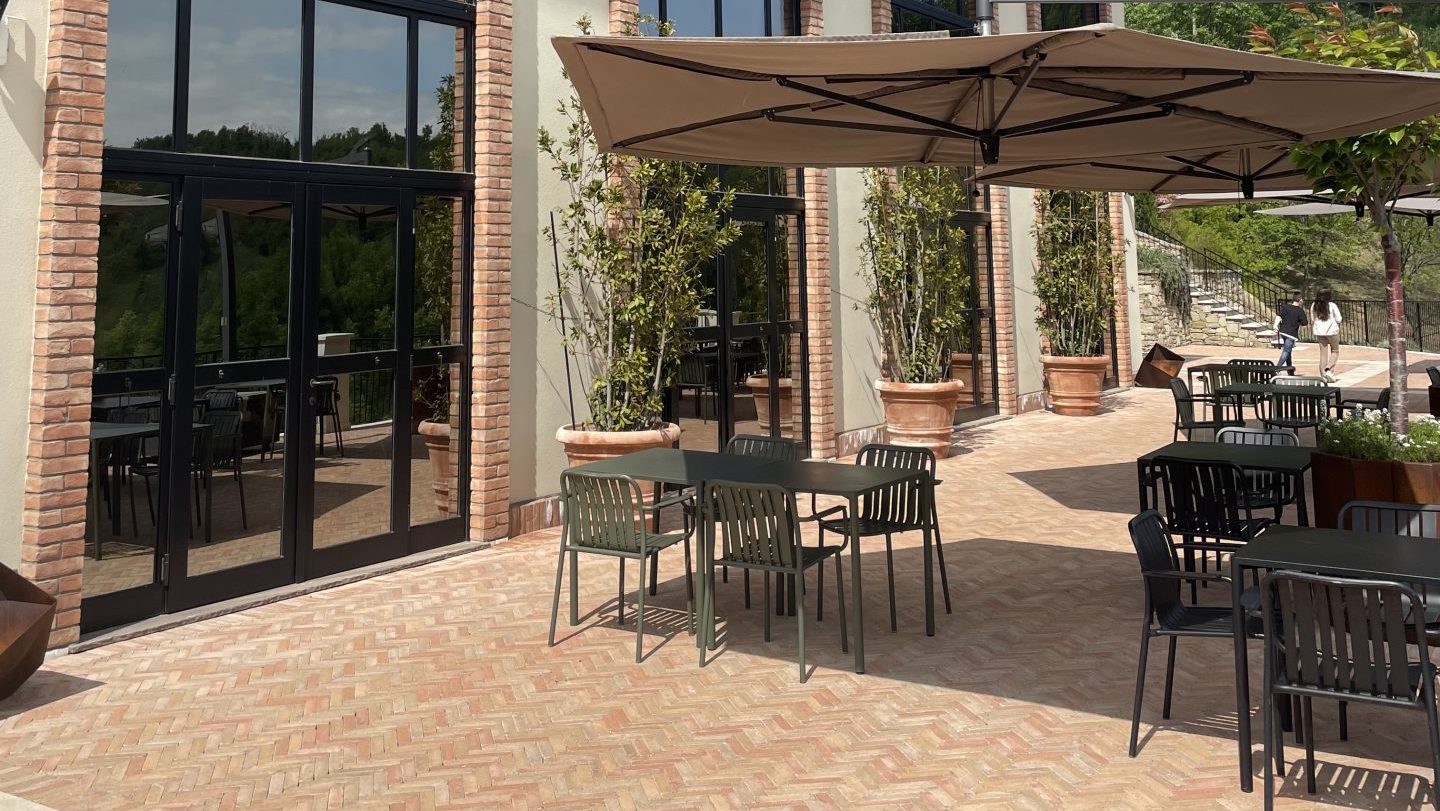Almost exactly 30 years ago, as the north European winter drew in and the nights got really long, two Danes sat down and changed the face of modern cinema.
They were Lars von Trier and Thomas Vinterberg, and the revolution they started was eventually called Dogma 95, although they began discussing the manifesto’s 10 rules – the so-called “Vows of Chastity” – in the autumn of 1994.
Dogma 95 was announced at a conference in Paris in 1995 where an invited audience had gathered to celebrate 100 years of cinema (and to discuss the next 100 years). Von Trier showered the room with red pamphlets declaring the Dogma intent, although it wasn’t until Cannes 1998 that the first official Dogma film – Vinterberg’s Festen – was unleashed.
Film-makers who adhered to the movement’s rules were given a certificate of authenticity, verifying they had kept to the constraints that included: natural lighting, no props, no studio sets, no external music use, only handheld camera, no special effects.
Although he was the movement’s founder, von Trier seemed to find it harder to stick to the rules he himself had created. Breaking the Waves (1996) established the look and feel and introduced a key figure of the era in Stellan Skarsgård alongside Emily Watson on her debut film, but it was not an official Dogma film. In fact, von Trier’s The Idiots (also debuting at Cannes in 1998) was the only time he managed to abide by his own manifesto, with a film that outraged as many people as it impressed.
With scenes of unsimulated sex, nudity, and actors pretending to be mentally impaired, the film was a deliberate piece of provocation, testing audience limits of taste and tolerance. For a movement with a stated aim of not glorifying the director, the “Dogme Cannes” quickly established Vinterberg and von Trier as leading figures in a new cinematic revolution.
Von Trier – who would be banned and declared persona non grata by the festival in 2011 for declaring, in another notorious press conference, his sympathy for Nazis and Hitler – became a regular ringmaster at Cannes, like a cult leader riding into town every year in his campervan because of his fear of flying and bringing an entourage of fawning followers on to the Croisette.
The trick worked and he was crowned King when his tragic musical Dancer in the Dark actually won the Palme d’Or in 2000, with Björk winning Best Actress.
It’s hard to ponder nowadays. It feels like a long time ago but was this first Palme of the new century the end of an era, or the start of something new? “It didn’t actually take very long,” Vinterberg tells me now, from a hotel room overlooking the Thames. “We maybe had a few drinks and talked for an hour, and I took notes, not very good notes. And then we had some more drinks.”
What they came up with formed a movement that spawned 35 official Dogma films, between 1998 and 2005, the first of which is perhaps still the most known and enduring: Vinterberg’s family drama Festen. Other notable successes include Italian for Beginners by Lone Scherfig, Open Hearts by Susanne Bier and Harmony Korine’s Julien Donkey-Boy.
There was also The Idiots as well as Breaking the Waves and Dancer in the Dark, which won the Palme d’Or, but in which the co-stars Björk and Catherine Deneuve broke several of the “rules”, as did the starriest film of the lot, Dogville. So trendy had the movement become by 2003, that von Trier was able to entice Hollywood giants of the status of Nicole Kidman, James Caan and Lauren Bacall to film for weeks on a bare soundstage in the middle of an industrial estate in Sweden.
When I speak to him, Vinterberg is in town presenting his latest work, at the BFI London Film Festival. It’s not a Dogma film at all, but a big budget, glossily apocalyptic seven-part TV show called Families Like Ours about when, in the very near future due to climate change, Denmark comes under an irreversible tide of flooding which it can’t afford to stem, so the country is shut down and its residents are forced to flee into whichever European countries will take them.
Wide in scope, beautifully lensed, and set mostly among very pretty, wealthy, dysfunctional people, Families Like Ours is mostly seen through the piercing eyes of beautiful Danish model Amaryllis August. A €16m co-production, shot all around Europe, in Denmark, Prague, Romania and Paris, with money from all of them, that bristling, pared-down Dogma aesthetic looks like a distant memory. However, the drama does feature lots of now-familiar faces from those ascetic Dogma days, actors such as Paprika Steen, Nikolaj Lie Kaas and Thomas Bo Larsen.
Does the attitude of the Dogma era, the spirit of that afternoon fomenting revolution 30 years ago, permeate his work and his thoughts still?
“It’s always a mirror to whatever I’m doing now,” he reflects. “Every time I put up an extra light on set or add some music, I get a little pinch at the back of my neck, like maybe some feeling of guilt left over from the Dogma monastery. I do miss those days, which surprises me, and I get quite sentimental when I talk about it.”
For a moment, we leave behind discussion of Families Like Ours and its undoubtedly pressing social and political themes. I’m wondering if cinema doesn’t need another revolution, then, like a Dogma for a new future.
“We’ve been looking for another revolution for 30 years, really,” he says. “I can’t repeat Dogma. It became too successful and popular, so it has to end. You could buy Dogma accessories and furniture in Denmark – that’s not revolutionary any more. So you abandon it.”
Where, then, is the next revolution coming from? And what form should it take? According to Vinterberg, Dogma was born out of necessity, a form of anti-aesthetic rebellion to shake against a cinema he and von Trier believed had stagnated and become repetitious.
“But you need an establishment to fight against,” he says now. “And what I see at the moment in film and TV is that there isn’t one. It’s all in a flux and no one knows where it’s headed. Cinemas might die – I hope they don’t – but many people think they will. And nobody knows where the next thing will be, everyone’s suffering and confused. That’s not something you can fight against, if there’s nothing really there. Don’t say Marvel movies, because they are often great and they bring audiences to the cinema, so they are not the enemy. And sometimes, these big corporations of Max and Netflix, well, they do take some of the biggest creative risks…”
He tails off. “Oh… I don’t know. What am I saying? I’m 55 years old, I can’t be revolutionary any more. I’d like to be, but I have young children….”
He’s become the establishment, maybe? His last film, Another Round, was a giant hit, winning Oscars and Baftas and is currently being remade by Leonardo di Caprio under the direction of Chris Rock. Or maybe it isn’t. Vinterberg doesn’t have any say in it.
“I agree we need risks, and when we came up with Dogma it was like jumping over a cliff. I’m not even sure there is a cliff right now, or where it is. I do know things are very unsafe and people are cautious and that leads to a very conservative mindset. I think Another Round came from that, too, the need to be a bit risky, a bit drunk, to shock, to challenge the self and society and see what happens. But perhaps now isn’t the time for revolution – you don’t want everything to fall down in ruins.”
He says he’s an optimist, despite all the evidence to the contrary. His series, for all its doom scenarios, does have a lightness and hope to it, a sense that the best in people will triumph, although our worst impulses and behaviour clearly form the meat of most drama.
“I grew up in a commune in the 1970s, don’t forget, so I always have something of that in my spirit, that we will look out for each other and that we’re connected,” he says. Families Like Ours uses a well-off Danish family as a microcosm, a symbol of privileged European bourgeoisie tested by circumstance, people who own large properties forced to flee all they own, and all they know.
“Yes,” he says. “Sometimes I see Europe like that commune. This is a very European project, this series. You see one thing happens in one country, the Netherlands in this case, and that spreads to Denmark, and then it affects Romania and Paris, and Poland. We saw it all in the pandemic, and then in the war in Ukraine. When I wrote the first scripts, people said it was far-fetched, too outrageous, but soon, everyone was buying all the toilet roll in supermarkets and we had written those scenes already – we had to cut them out for being cliched. And then there were great numbers of refugees from Ukraine all over Europe. Hard to believe, but it was happening.”
It was the pandemic that, according to many experts, put paid to cinema and turned everyone on to streaming. “Societal change only occurs when a big event forces it to,” he says. “But look, we’ve all gone back to flying pretty quickly. Why not back to cinema?”
Can we harness the spirit of Dogma again, I ask. What are students in the great film schools of Europe, in Lodz, Paris, Beaconsfield and Copenhagen, sitting around doing if not plotting a revolution, or at least a new wave?
“Well they need to work out how to get people to watch their stuff,” he says. “There are some amazing film-makers I see coming out of Europe and they have great visual ideas but they make these films all around Europe and they can’t get audiences to come, maybe they get 1,000 people to a premiere at a festival but then, nothing. I do know from Dogma, and maybe we were lucky, but we got a lot of people to come with us over the cliff, film-makers and audiences. Those are bridges you cannot burn.”
What was it in Dogma then, that this new generation can take and harness to spark new life? “Our primary goal was to remove personal taste and declare ourselves witnesses not painters,” he remembers. “We wanted to undress the movies and find purity and nakedness, that’s all I know. It was cleansing for me. But is that what’s needed again? It’s a fragile moment in film history right now, and a revolt could be too dangerous. Oh dear, what am I saying?”
It’s time to go. We haven’t cracked it, Thomas and I. We don’t have a blueprint, no revolutionary document scrawled on the headed notepaper of this five-star hotel overlooking the Thames. We say goodbye as he ponders the grey brown river and a return to his young family in Copenhagen and the tide of history. Maybe the next time we meet, things will be different, I sigh.
“Vive la revolution?” he offers weakly. I want more than that. He says it louder and with conviction and it echoes along the hotel corridor. Hopefully, someone will hear.
Families Like Ours is currently on Danish TV2




